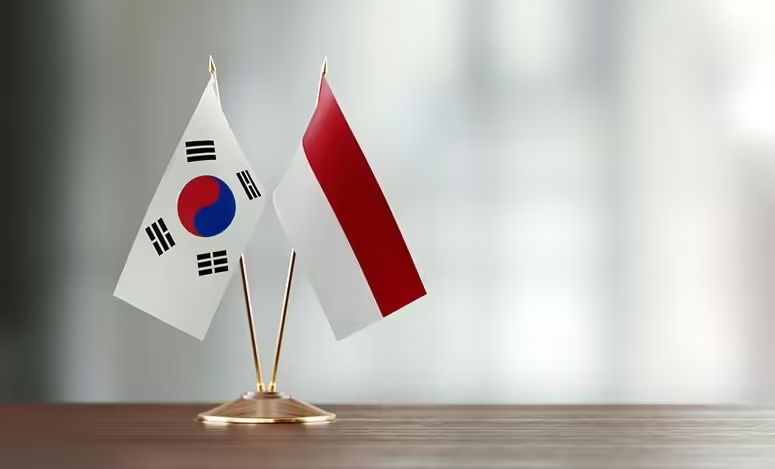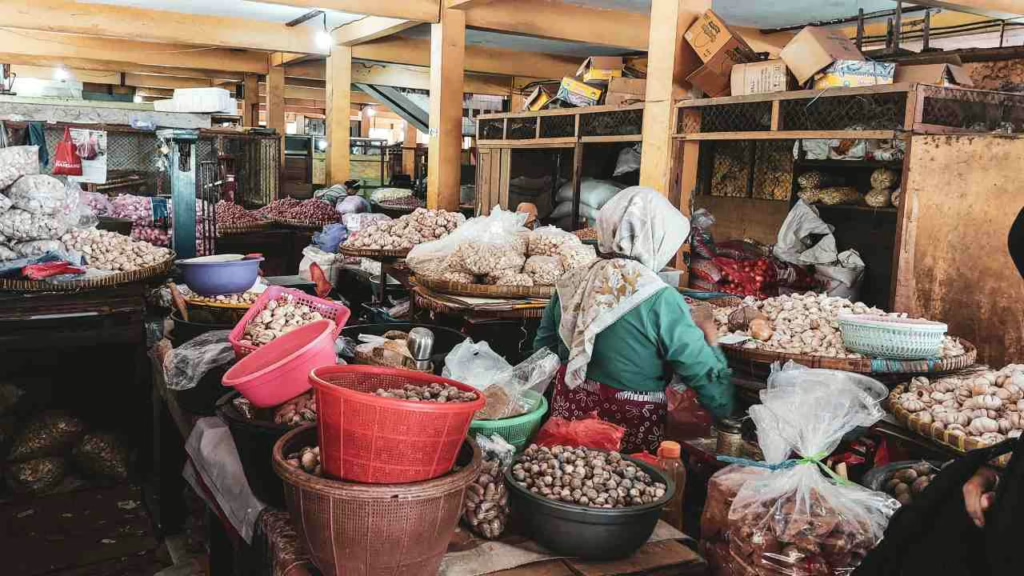Executive Summary
The study evaluates Korea’s Official Development Assistance (ODA) in Indonesia, focusing on its effectiveness and local perspectives. Information gathered from 112 stakeholders that received ODA from Korea indicates satisfaction with Korean ODA due to inclusive project identification, effective planning, substantial implementation budgets, knowledge transfer, capacity building, direct communication, and stringent monitoring. Despite these strengths, issues like rigid expectations, language barriers, prolonged negotiations, and bureaucratic inefficiencies persist. Further improvement will be needed to improve the impact of the ODA; it includes setting flexible targets, employing interpreters, streamlining regulations, enhancing monitoring, reducing consultant reliance, following up on projects, and simplifying bureaucratic processes. Addressing these challenges can enhance the impact of Korea’s ODA, strengthening bilateral cooperation and sustainable development.
Authors: Faradina A. Maizar, Teuku Riefky, Ghany E. Wiguna, Raka R. Fadilla, Yoshua C. Justinus, and Jahen F. Rezki




